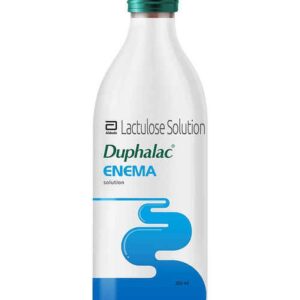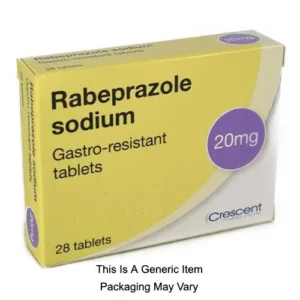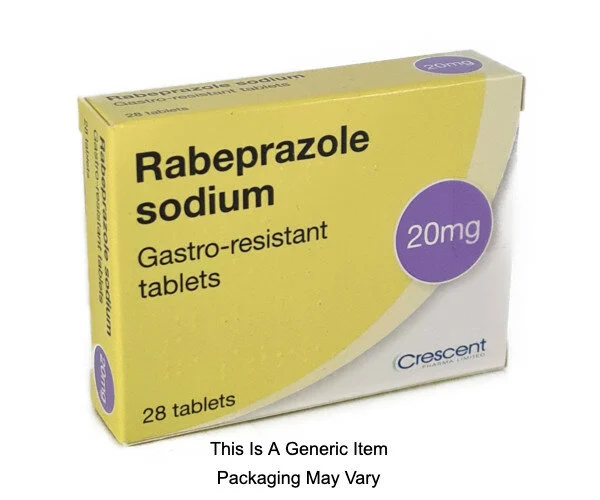-
Lactulose
Lactulose is an osmotic laxative used to treat constipation and manage hepatic encephalopathy.
Applications:
-
Relieves chronic constipation by drawing water into the bowel.
-
Reduces blood ammonia levels in patients with liver disease (hepatic encephalopathy).
Side Effects:
-
Common: bloating, gas, abdominal cramps, diarrhea.
-
Serious (rare): electrolyte imbalance with prolonged use or high doses.
Br120.00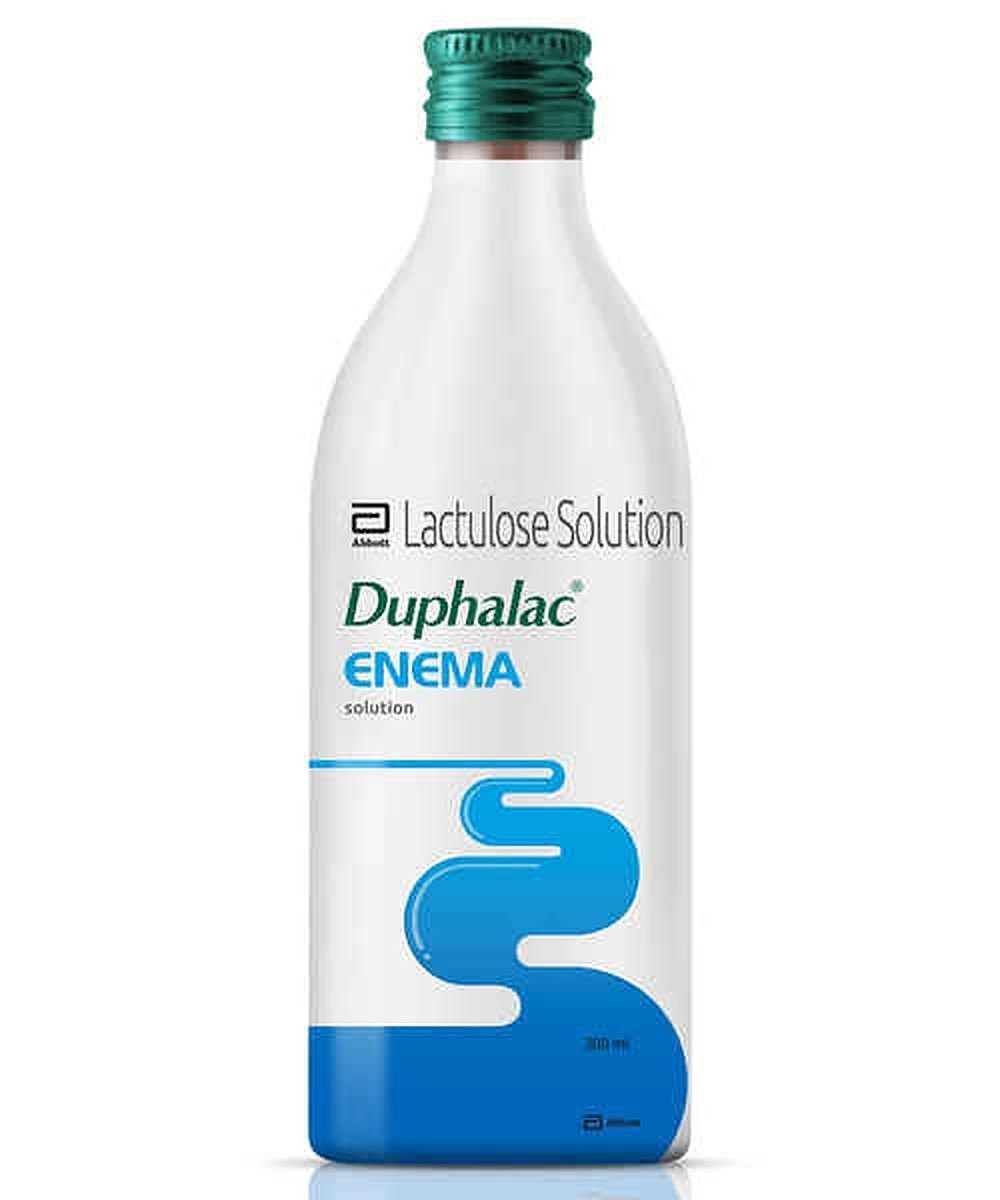

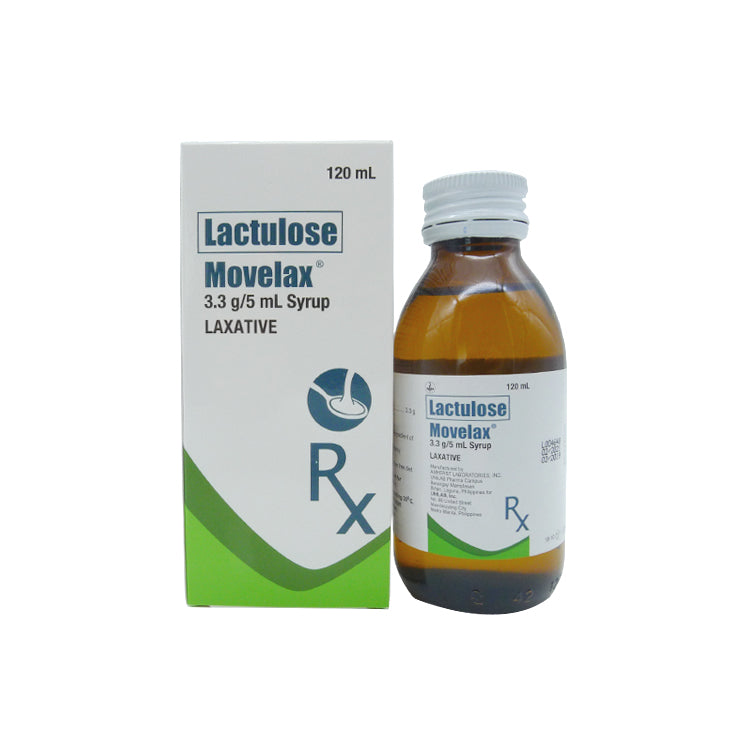
Lactulose
Br120.00 Select options This product has multiple variants. The options may be chosen on the product page -
-
Hyoscine/Scopolamine Hydrobromide
Hyoscine/Scopolamine Hydrobromide is an anticholinergic used to prevent motion sickness and treat nausea.
Applications:
-
Prevents motion sickness-related nausea and vomiting.
-
Used for postoperative nausea and in palliative care to reduce secretions.
Side Effects:
-
Common: dry mouth, drowsiness, blurred vision, and dizziness.
-
Serious (rare): confusion, hallucinations, and urinary retention.
Br120.00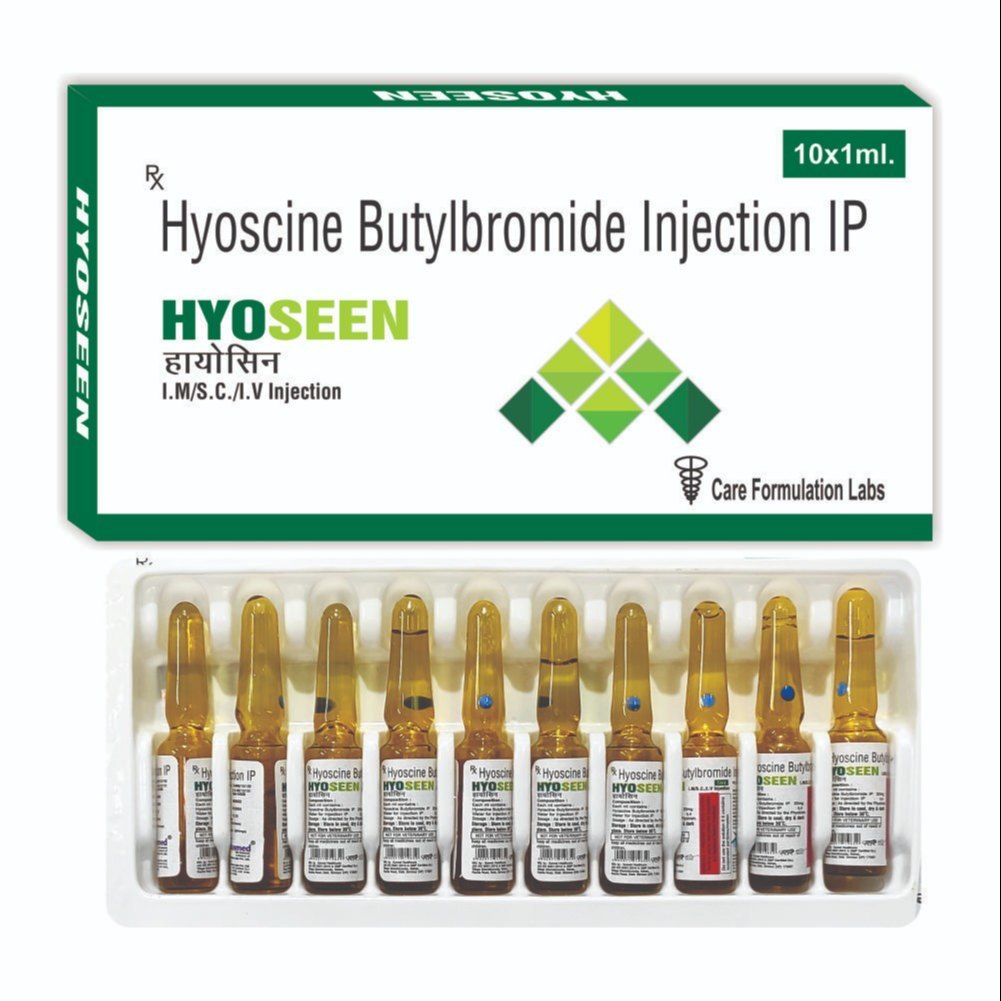

Hyoscine/Scopolamine Hydrobromide
Br120.00 Select options This product has multiple variants. The options may be chosen on the product page -
-
Fosaprepitant
Fosaprepitant is an antiemetic used to prevent nausea and vomiting caused by chemotherapy.
Applications:
-
Prevents acute and delayed nausea/vomiting from highly emetogenic chemotherapy.
-
Often used in combination with other antiemetics (like dexamethasone and a 5-HT3 antagonist).
Side Effects:
-
Common: fatigue, headache, hiccups, and constipation.
-
Serious (rare): infusion site reactions, allergic reactions, liver enzyme elevation.
Brands: Emend (IV).
Br120.00
Fosaprepitant
Br120.00 Select options This product has multiple variants. The options may be chosen on the product page -
-
Aprepitant
Applications:
Chemotherapy-Induced Nausea/Vomiting (CINV): Prevents acute/delayed nausea from highly emetogenic chemo (e.g., cisplatin).
Moderately Emetogenic Chemo: Used with dexamethasone + 5-HT3 blockers (e.g., ondansetron).
Postoperative Nausea/Vomiting (PONV): Alternative for high-risk surgeries (less common).Side Effects:
Common: Fatigue, hiccups, constipation, headache, loss of appetite.
Serious (Rare):-
Liver toxicity (elevated LFTs).
-
Hypersensitivity (rash, anaphylaxis).
-
Drug interactions (CYP3A4 inhibitor—affects warfarin, birth control, some chemo drugs).
Note: Avoid with pimozide (QT prolongation risk). IV form (fosaprepitant) available.
Br120.00
Aprepitant
Br120.00 Select options This product has multiple variants. The options may be chosen on the product page -
-
Omeprazole
Applications:
-
Treats severe GERD/ulcers (when oral therapy fails)
-
Manages Zollinger-Ellison syndrome (acid hypersecretion)
-
Prevents acid aspiration during surgery
-
Reduces rebleeding risk after endoscopic treatment
Side Effects:
-
Common: Headache, nausea, injection-site pain
-
Serious (rare): Kidney injury, low magnesium, bone fractures (long-term use)
Note: Requires kidney/magnesium monitoring with prolonged IV use. Administered once daily (40mg). Brands include Losec® IV and generics.
Br120.00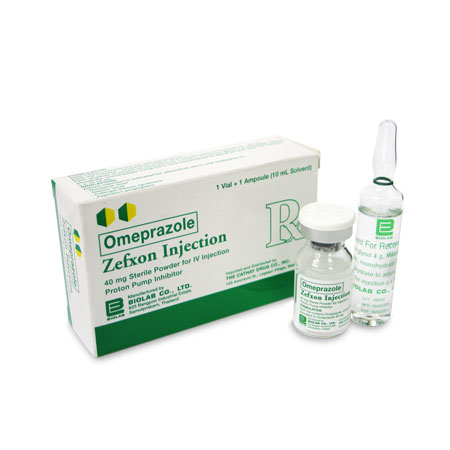
Omeprazole
Br120.00 Select options This product has multiple variants. The options may be chosen on the product page -
-
Rabeprazole sodium
Applications:
- Used to treat gastroesophageal reflux disease (GERD), erosive esophagitis, and peptic ulcers.
- Reduces stomach acid, promoting healing of the esophagus and ulcers.
- Effective in treating Zollinger-Ellison syndrome (excessive acid production).
Side Effects:
- Common side effects include headache, diarrhea, nausea, and abdominal pain.
- Rare side effects include low magnesium levels, bone fractures, and kidney issues, especially with prolonged use.
Rabeprazole sodium is a helpful treatment for acid-related gastrointestinal issues but, like other proton pump inhibitors, may lead to mild side effects such as headaches or stomach discomfort. Serious side effects are uncommon but should be monitored, especially during long-term use or in individuals with kidney concerns.

